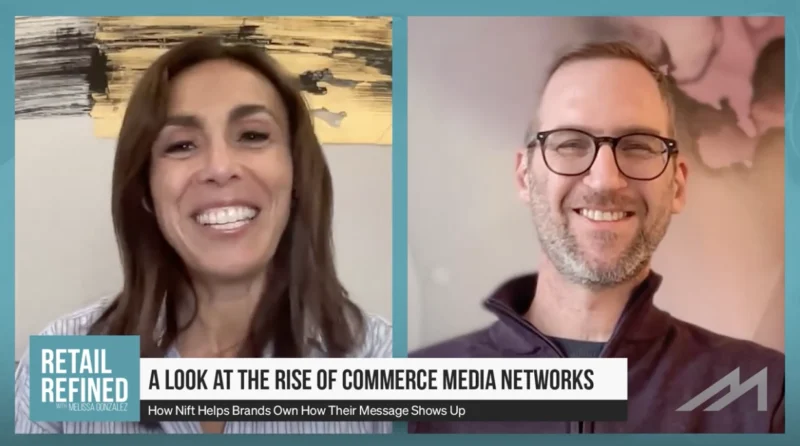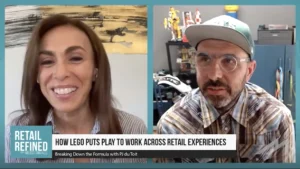Self-Service Kiosks Need to Serve Everyone, with Juan Perez of ADUSA, Inc.
On today’s MarketScale Retail podcast, we welcome Juan Perez, CEO of ADUSA Inc., to analyze what effective ADA compliance looks like and why businesses should take steps to make their hardware and software compliant sooner than later. Part of what keeps businesses from becoming compliant immediately, Perez explains, is due to confusing or vague laws that only apply to government agencies, contractors, or people doing businesses with those agencies.
Perez said that the “wait and see” approach won’t work; he believes “that’s not a proactive enough approach and that could have some consequences down the line.”
Consequences are already starting to pop up, as restaurants that provide self-service kiosks are already beginning to face litigation, like a case recently where a visually impaired person was unable to order due to an audio port being blocked; an unfortunate result when you consider how easy of a fix it is.
“Effective ADA compliance or accessibility is only achieved through both a marriage of both hardware and software,” Perez said. “There are certain standards already out in place that can be used so you can modify hardware with certain peripherals, and you can modify software to adhere to certain standards that would make the self-service kiosk accessible to a wide range of disabilities.”
He recommends that all existing restaurants with self-service kiosks add a tactile navigation bar with linear navigation for those who may have prosthetics, bright colored bounded box around the item that’s selected, say a hamburger, so that the person knows where they’ve landed on the screen if they’re visually impaired, as well as audio jacks so that a visually impaired person can plug in a headset. He points out that some kiosks have added a blue wheelchair button, which moves the text and graphics lower to the ground for easier reach.
The US Access Board is looking at new litigation, and these laws may soon change again. Until then, Perez said these fixes are relatively cost-effective, especially when working with companies and products like EZ Access, developed at the University of Wisconsin. These technology solutions are giving restaurants and retailers less and less of an excuse to not comply with these laws.
For the latest news, videos, and podcasts in the Retail Industry, be sure to subscribe to our industry publication.
Follow us on social media for the latest updates in B2B!
Twitter – @RetailMKSL
Facebook – facebook.com/marketscale
LinkedIn – linkedin.com/company/marketscale









